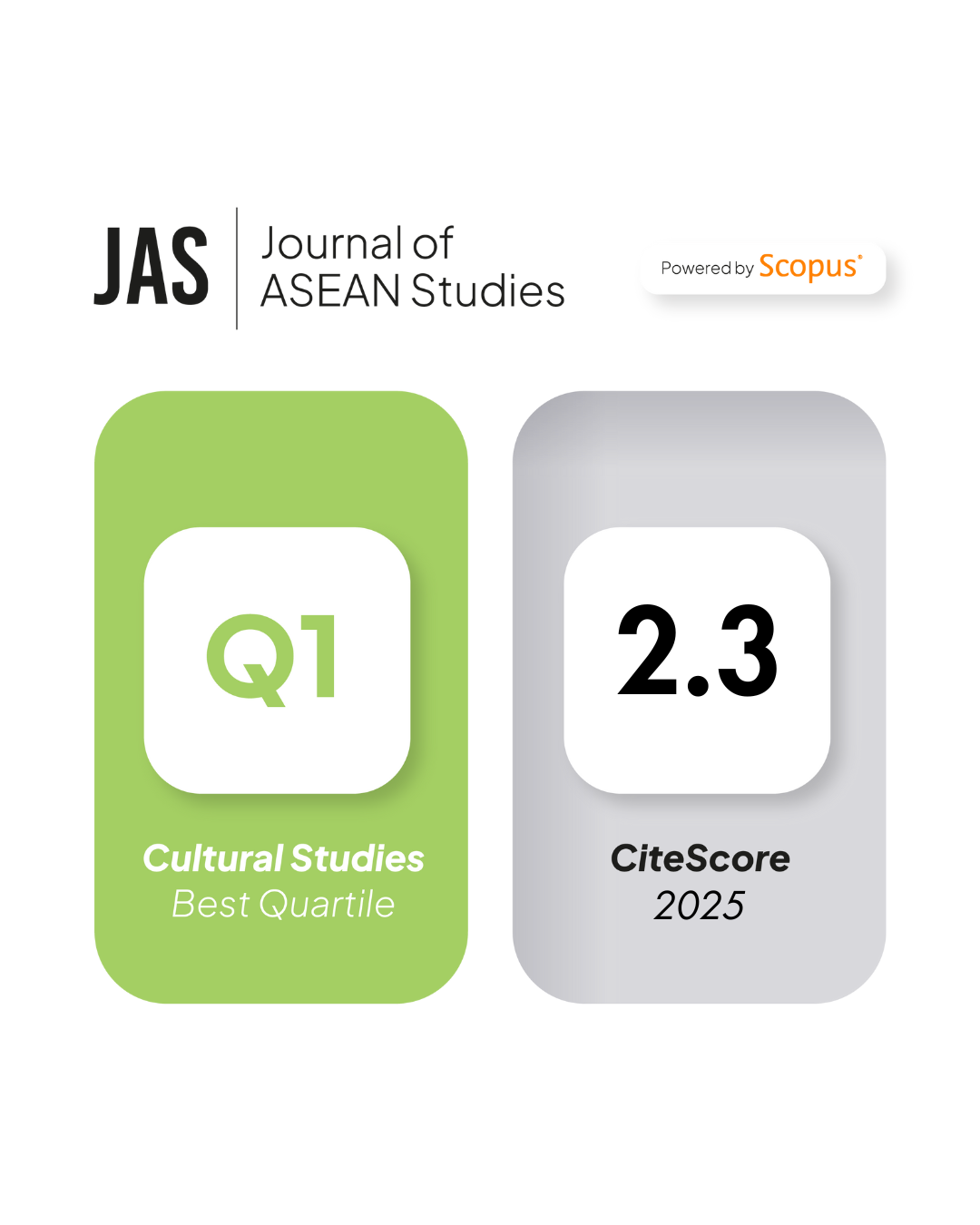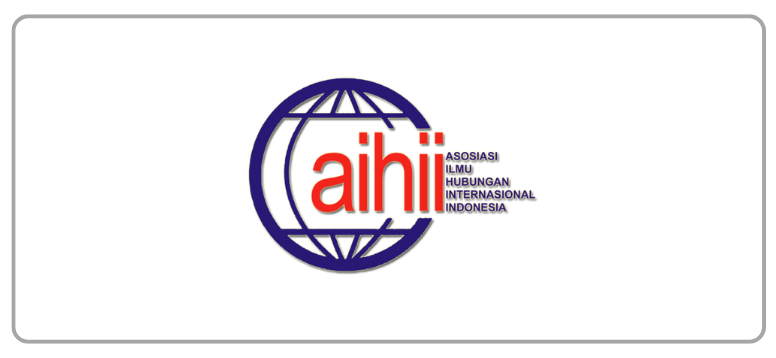ASEAN Socio-Cultural Community (ASCC) in Conflict Prevention: The Role of Civil Society Organizations (CSOs)
DOI:
https://doi.org/10.21512/jas.v4i2.1787Abstract
In the end of 2015, ASEAN Community will be fully implemented in Southeast Asia. The community will bring ASEAN countries to the next stage of cooperation in order to bring prosperity to the region. However, several obstacles still have to be faced by ASEAN. Territorial dispute between Indonesia and Malaysia, Thailand and Cambodia concerning Preah Temple, Malaysia with The Phillipines over Sabah, etc are some of the problems. Other problems related to South China Sea, even involving five ASEAN members on dispute. Although it is clear that member of ASEAN countries agree to settle their problems according to ASEAN mechanism as the most respective organization in the region, on several occasions they prefer to take it bilaterally or bring it to the Hague. The assumption of non-interference principle as the organization conflict solving mechanism does not apply accordingly. As such, we have to find other ways. Peace can only be achieved through closer relations between ASEAN countries. Closer relation creates better understanding between people within those countries. If “high level†(G to G) conflict resolution does not work, we have to turn to the people. Closer relations among its people will be a “grass root’ power to force the government to end their dispute. This paper will examine how ASEAN Socio-Culture Community (ASCC), alongside CSO’s within them, will work in creating closer relations among ASEAN countries, in order to solve disputes in the region.
Key words: ASEAN Community, ASEAN Socio-Culture Community, Dispute, Civil Society Organizations (CSO).


























